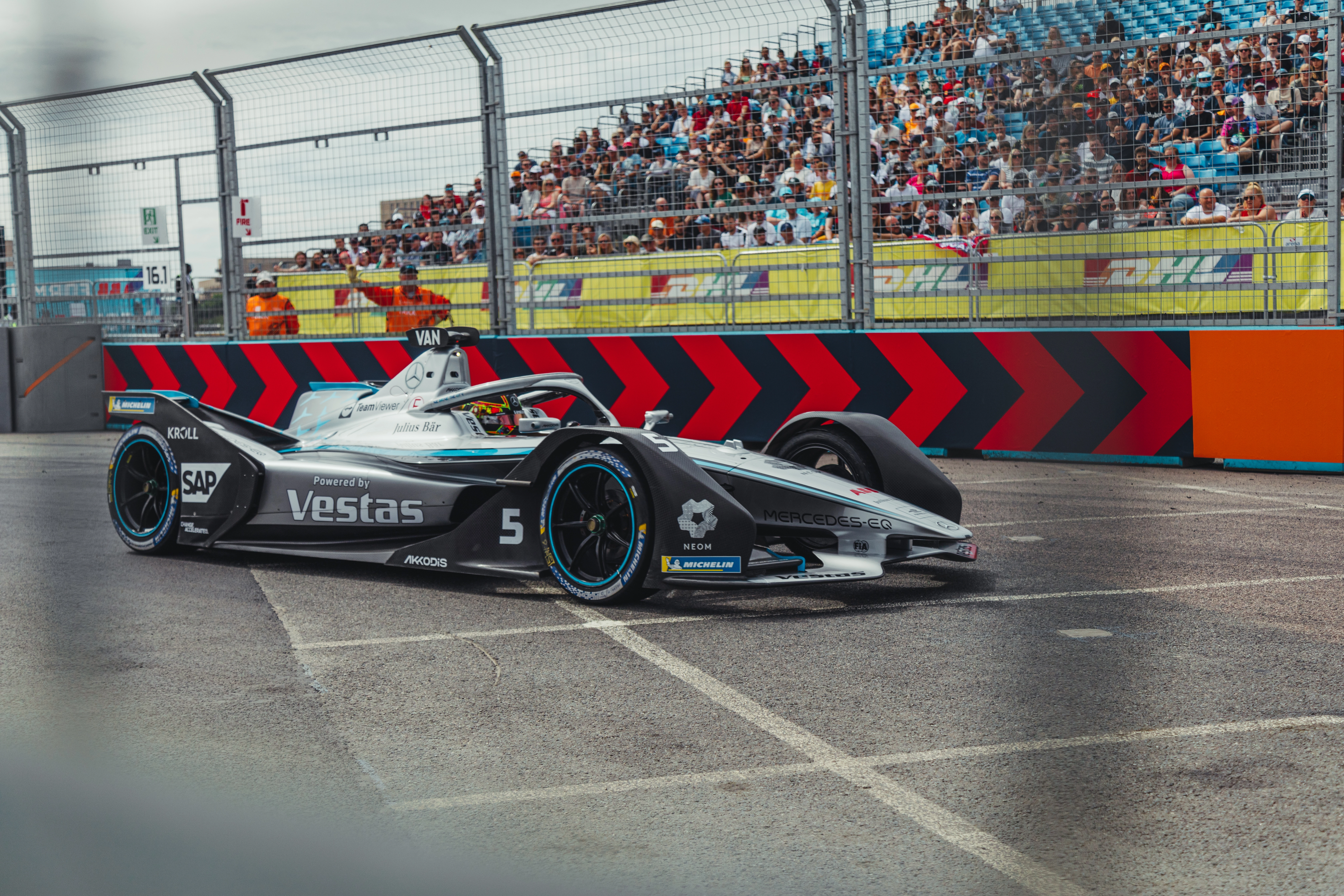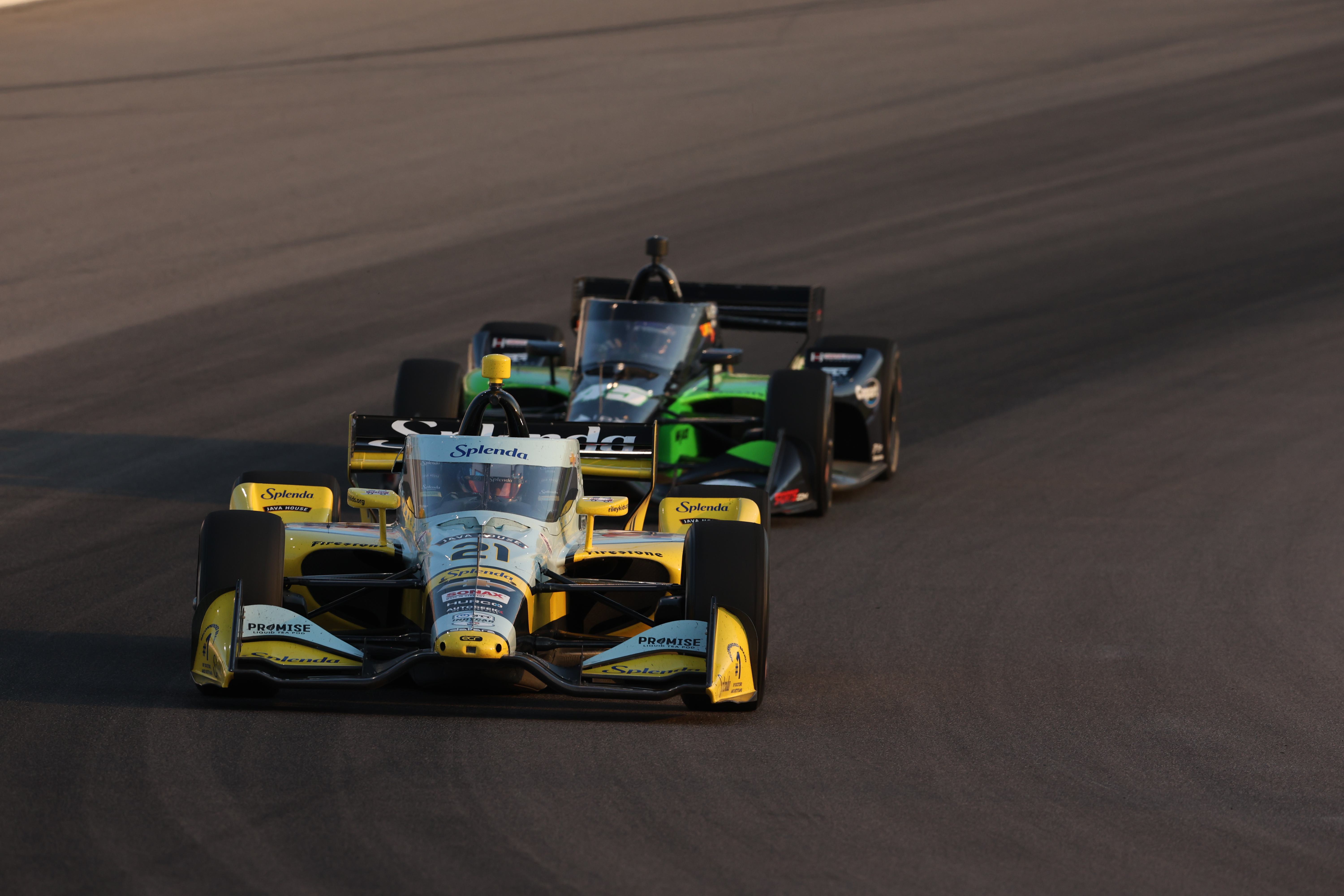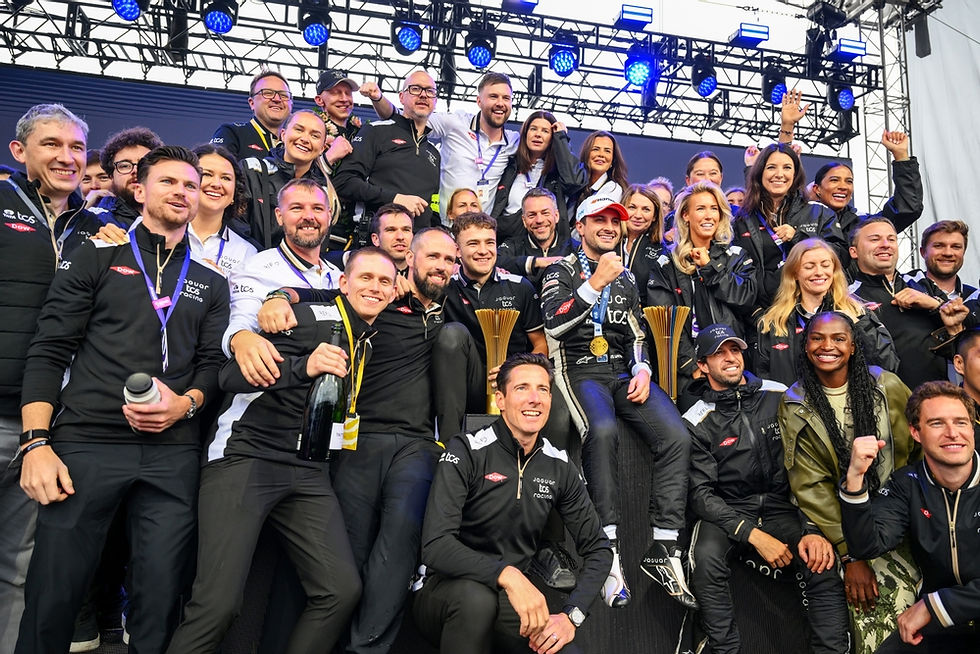2015 — The season that split MotoGP fans forever
- Aaratrika Gupta

- Nov 4, 2025
- 4 min read
Written by Aaratrika Gupta, Edited by Vyas Ponnuri

The 2015 MotoGP season was an expected classic race between Yamaha teammates Valentino Rossi and Jorge Lorenzo, pitted to be two of the best riders of their generation.
Although, their rivalry would turn controversial as the season progressed, with accusations being thrown around, and an incident that still splits the MotoGP world ten years down the line. What was, on the one hand, one of the most exciting championship duels in recent history, turned tense and bitter, shaking the paddock and destroying fanbases forever.
The rivalry rekindled
Rossi began the season in remarkable form, winning the opening round in Qatar and leading the standings for much of the year. At 36, he was chasing a record-extending tenth world title and seemed rejuvenated. Lorenzo, by contrast, started slowly but then hit a relentless streak, taking four consecutive victories from Jerez to Barcelona.
Marc Márquez, the reigning double world champion, had entered 2015 as the clear favourite, but early crashes and inconsistency at Honda took him out of title contention.
Even so, his pace and aggression made him a disruptive presence. Rossi, wary of Márquez’s combative style, began to feel the young Spaniard was interfering in his title fight with Lorenzo — a belief that would ignite the most controversial moment of the season.
The road to Sepang

By the time the championship arrived in Malaysia for the penultimate round, tensions were already high. Rossi and Lorenzo had traded victories, and just 11 points separated them in the standings. Márquez had clashed with Rossi in Argentina earlier that year, resulting in the Spaniard’s crash. Though both dismissed it publicly, there was lingering animosity.
The Phillip Island race the week before Sepang only fuelled Rossi’s suspicions. Márquez had shadowed both Yamaha riders throughout the race, snatching victory on the final lap.
Rossi later suggested that Márquez’s moves had seemed more aimed at disrupting his rhythm than at pure racing. In the pre-race press conference at Sepang, Rossi accused Márquez of “playing games” to help Lorenzo’s title bid — remarks that shocked the paddock and set the stage for confrontation.
The Sepang clash
On Lap 7 of the Malaysian Grand Prix, Rossi and Márquez engaged in one of the fiercest duels of the decade. They traded positions repeatedly through the first half of the lap, neither willing to yield. As they approached Turn 14, Rossi ran wide, appeared to slow mid-corner, and Márquez’s front wheel touched Rossi’s knee. This led to Márquez falling off his Honda bike and retiring from the race.
Rossi finished third behind Dani Pedrosa and Jorge Lorenzo, but celebrations quickly turned to outrage. Race direction summoned both riders, and after a tense investigation, deemed Rossi at fault for “deliberately running another rider wide.” He was handed three penalty points — added to a prior point from Misano — resulting in an automatic back-of-the-grid start for the season finale in Valencia.
The decision split the paddock. Rossi insisted that Márquez had provoked him and accused the Honda rider of trying to manipulate the championship. Márquez denied any collusion, calling it a “racing incident.” Lorenzo, though uninvolved, was drawn into the storm as Rossi’s fans accused him of benefiting from unfair circumstances.
The Valencia decider

At the final round in Valencia, Rossi faced an almost impossible task. Starting from last, he carved through the field with determination, climbing to fourth place. But at the front, Lorenzo led from start to finish under immense pressure from Márquez and Dani Pedrosa. Márquez shadowed Lorenzo for the entire race but never attempted an overtake that might jeopardise the championship outcome.
When Lorenzo crossed the line to take victory and his third MotoGP title, Rossi’s charge fell short by just five points. The aftermath was chaotic. Fans booed Lorenzo on the podium, and Rossi’s supporters accused Márquez of protecting his compatriot.
Social media erupted, while pundits and former riders debated whether Rossi’s penalty had been fair or whether MotoGP had mishandled one of its defining moments.
The aftermath and division
In the weeks that followed, the sport struggled to contain the fallout. Dorna CEO Carmelo Ezpeleta requested calmness but it was already too late. The fans of Rossi perceived their hero as a scapegoat to politics and prejudice, and Marquez suffered a general lack of friends even having to secure additional guards on subsequent occasions. The controversy had a permanent dark cloud on the triumph of Lorenzo who was statistically brilliant.
The Sepang Clash changed the conflict management in MotoGP. Clearer disciplinary structures and communication policies were later established by Race Direction in order to prevent such an outcry.
However, the 2015 season also showed a cultural change: social media has made MotoGP fandom a tribal, emotional and personal affair. Supporters identified with riders beyond their on-track performance — and any sense of neutrality evaporated.
Legacy and lessons
Nearly a decade later, 2015 still looms large in MotoGP’s collective memory. Rossi never won another championship, though he remained competitive until his retirement.
Márquez went on to dominate again from 2016 to 2019, yet among a segment of fans, he never escaped the shadow of Sepang. Lorenzo retired in 2019 with five world titles, but many still debate whether his third crown was won cleanly or politically.
More importantly, 2015 marked a turning point for the sport’s governance. It forced MotoGP to reckon with transparency, rider accountability, and the influence of fan emotion in a digital age. For some, the season was the height of MotoGP drama; for others, it was the moment the purity of competition gave way to politics.












Comments